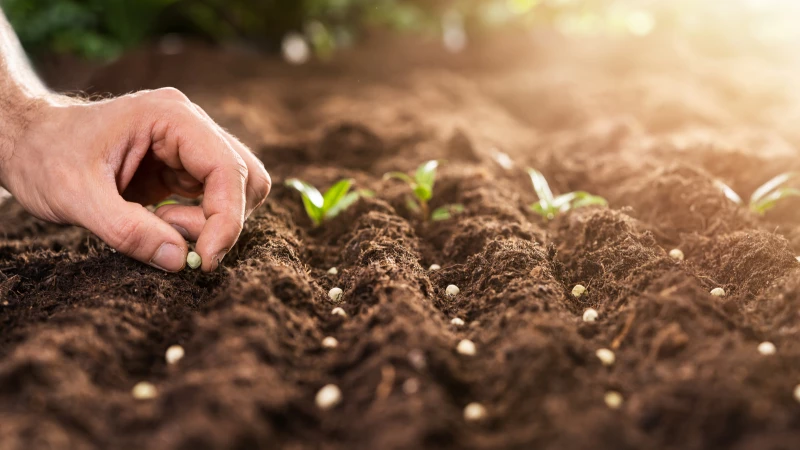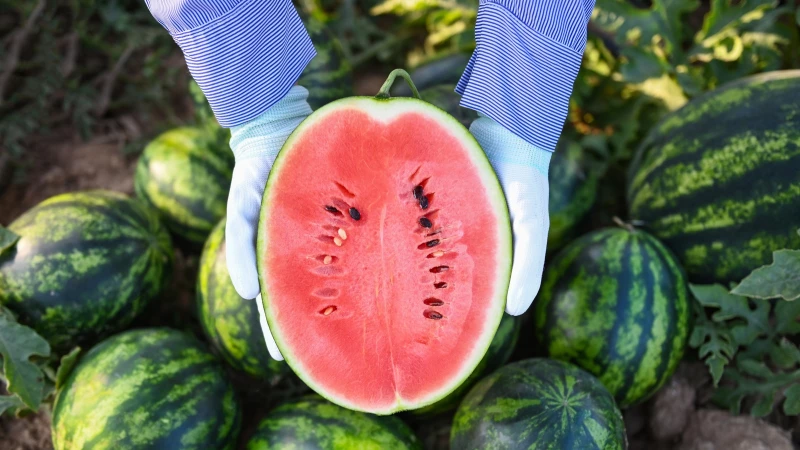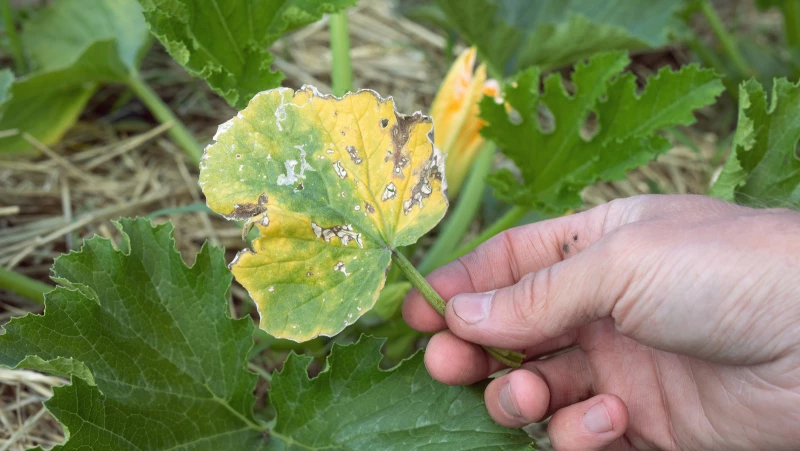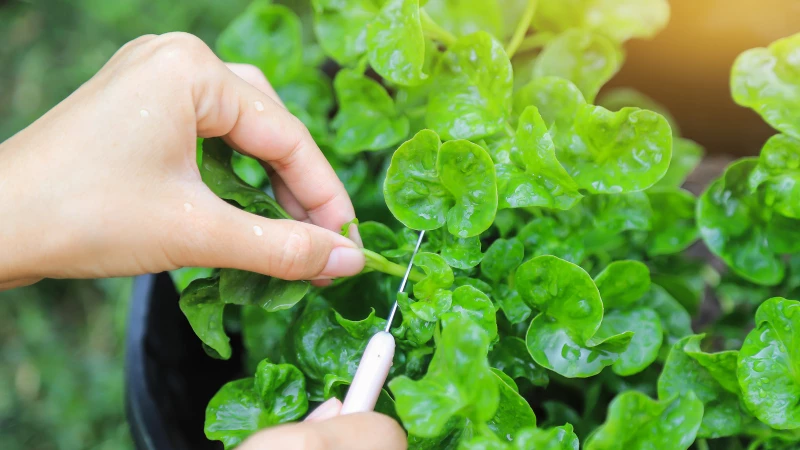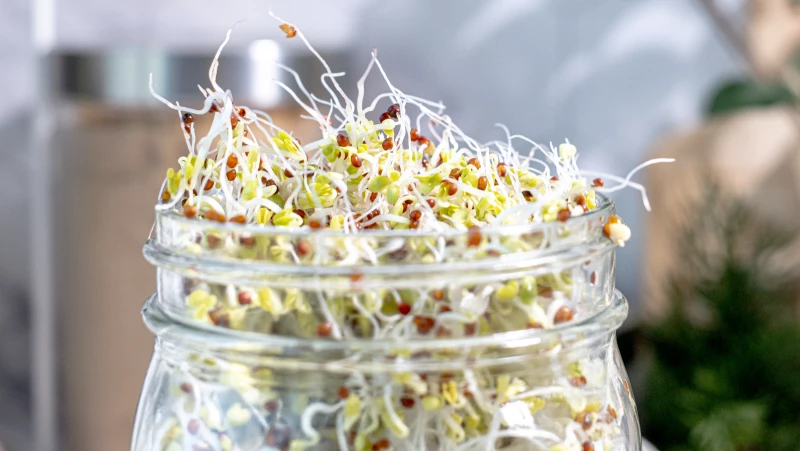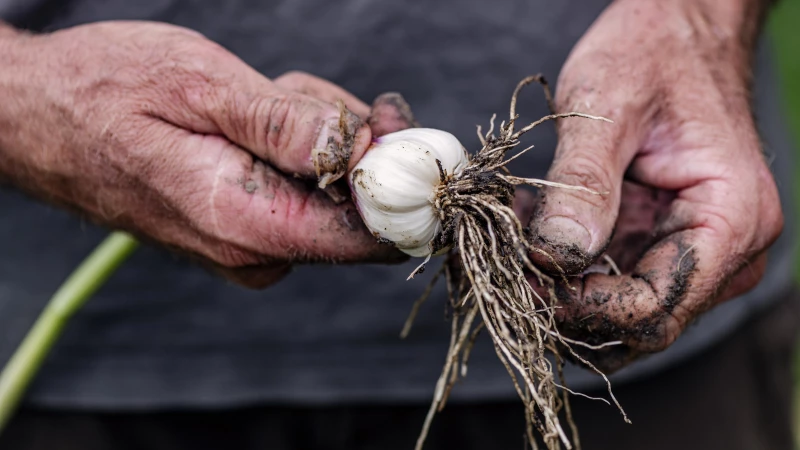If you struggle with keeping plants alive, you're not alone. Understanding the right watering schedule can be challenging for those of us without a natural green thumb. But if you're looking for gardening tips to help you succeed this spring, there's a plant that might be forgiving for beginners. Pinterest suggests that this plant will not only add beauty to your garden but also be a great addition to any meal.
So, what's this magical plant? Carrots. Just like green beans, chives, and beets, there are various types of carrots that you can grow. Pinterest user @brownthumbmama recommends trying Carnival Blend, Scarlet Nantes, and Tonda di Parigi for some diversity in your garden this spring. In addition to their aesthetic appeal, carrot seeds are relatively inexpensive, with options like Burpee's Kaleidoscope mix carrot seeds available at Home Depot for $3.
Time to Plant Your Carrots
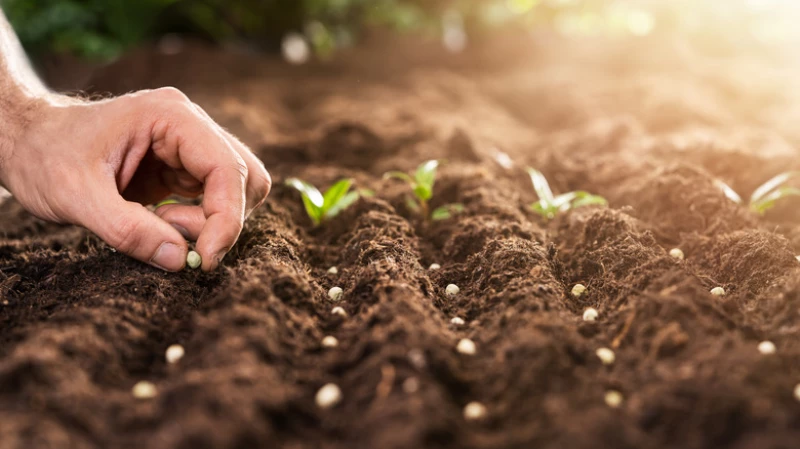
When planting carrot seeds, remember that they are very small, so it's important to be careful with the spacing. To avoid stunting their growth, plant them about 1 inch apart for snacking-size carrots and 2 inches apart for full-sized ones. A popular variety for full-sized carrots is the Sugarsnax Hybrid, known for its sweetness and disease resistance. If you're a beginner, you can also try growing carrots in containers.
Deciding if you should thin your carrots
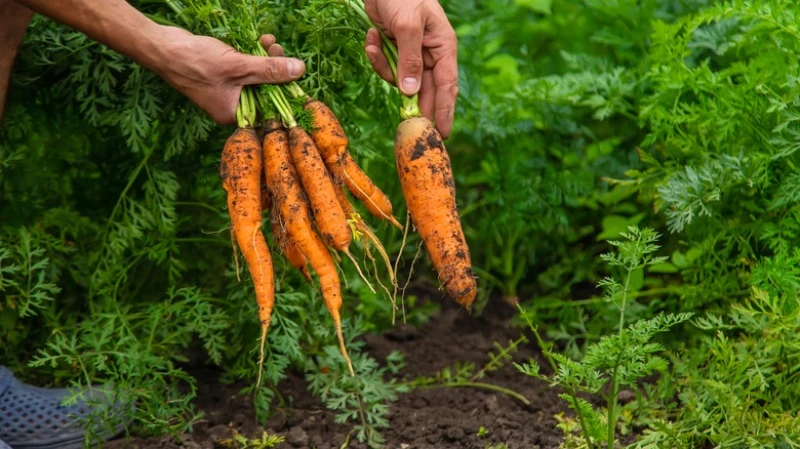
First things first, carrot thinning is the process of removing a few baby plants so the others can grow to full size. Making this call can be difficult because even though you may be able to transplant a few of your carrot thinnings to other spaces, twisted or misshapen roots are a possibility. Remember, this only happens when the growing carrots impede others' growth. Though this usually won't happen if spaced enough apart, sometimes it's inevitable if you're growing so many at once. Roots don't always grow straight, even when using a tool like a seed dispenser.
For optimal growth, it is recommended to initiate this process when the plants reach a height of 4 inches. To ensure proper spacing, remove any carrots that are intertwining or lagging in growth. Simply grasp the top of the carrot between your thumb and forefinger, and gently pull to free it from the soil. Remember to cover the exposed roots of the remaining carrots. After approximately a month, check the carrot patch and confirm that each plant is spaced 2 to 3 inches apart. If not, repeat the thinning process. While carrots may not appreciate being disturbed, a careful transplant can be successful. Choose a new location with 2 to 4 inches of space, and firmly press the carrot into the soil with your fingers. Give it a light watering afterwards.

